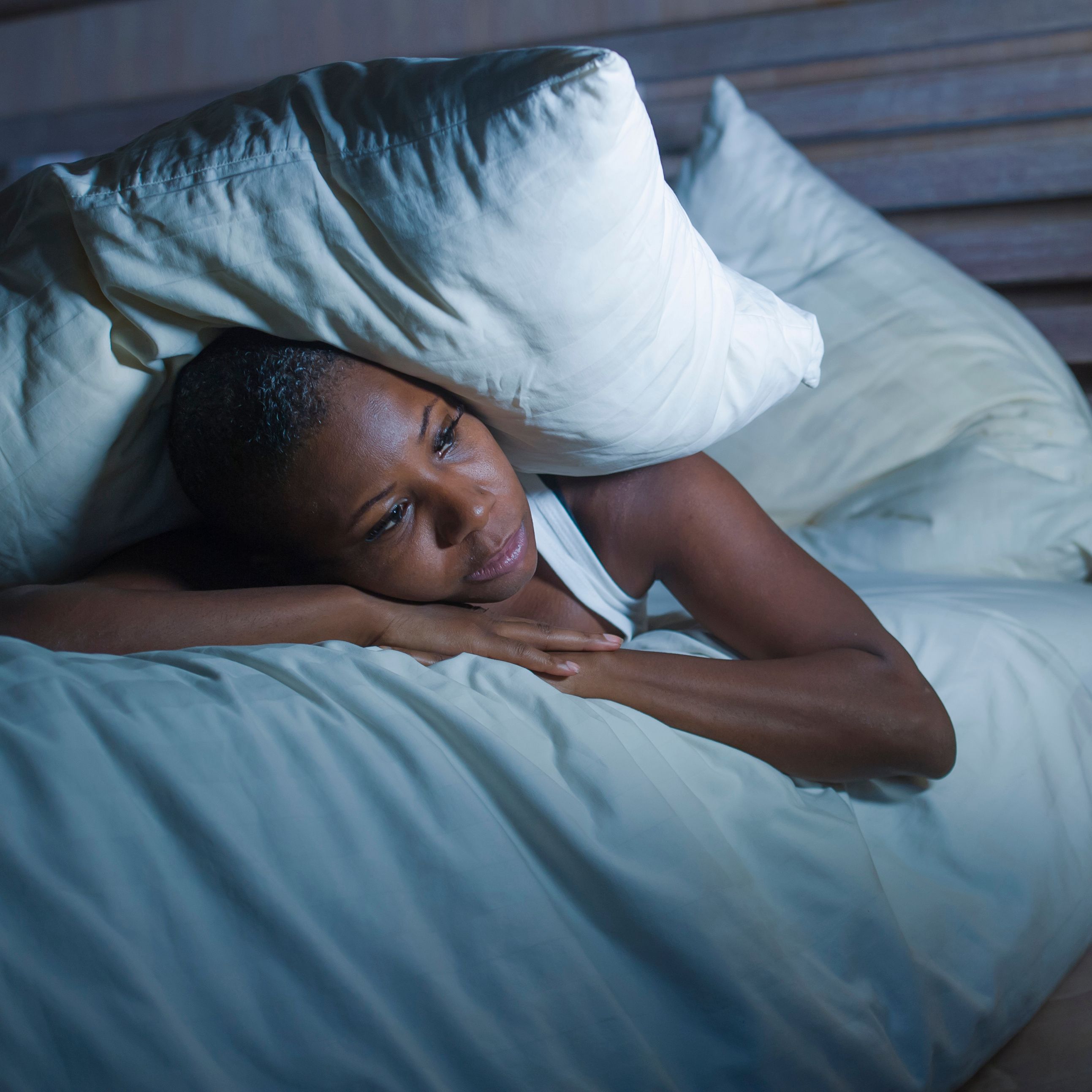Study Reveals Racial Discrimination's Detrimental Impact on Sleep Health
Experiencing everyday discrimination is a significant predictor of sleep-related impairments among Black adults, highlighting the detrimental impact of discrimination.
Credit: Adobe Stock

Investigators from the University of Miami Miller School of Medicine studied the potential effects of discrimination on sleep-related impairments among Black adults and identified a correlation, according to the data published in the SLEEP 2023 meeting abstracts.1
In addition to individual demographics, the analysis included related factors using several questionnaires: sleep disturbance, activity levels, stress levels, and social support. With increased experiences of discrimination, the impact on sleep health also increased.
Data were collected from 280 Black and African American adults enrolled in 2 (National Institutes of Health) NIH-funded community-based sleep studies called ESSENTIAL and MOSAIC. The participants were recruited from the NYC tri-state area (36%) and south FL (64%) between January 2020 - April 2022.
The Insomnia Severity Index (ISI), was implemented alongside other measures such as the PROMIS Sleep-Related Impairment (SRI) questionnaire (short form 8a), the Godin Leisure-Time Exercise questionnaire, the Everyday Discrimination Scale, the Multidimensional Scale of Perceived Social Support (MSPSS), and stressful life events experienced within the past year.
Correlation analyses were conducted to explore associations among the continuous variables, such as sleep, activity, support, discrimination, and stress. Among the 280 participants, 63% were women (n = 177), and the mean age was 43.4 years.
To assess the relationship between stressful life event exposure, discrimination, social support, activity, and sleep impairment, the investigators performed a multilinear regression analysis controlling for age, race/ethnicity, sex, physical activity, non-race related stressors, and social support.
Following the adjustment for controlled factors, results indicated everyday discrimination was the strongest predictor of sleep-related impairments (β = -0.198, P < 0.05). The study also reported sex was positively associated with SRI scores (β = 0.167, P = 0.05), suggesting that on average, women reported higher SRI scores.
“There is overwhelming evidence supporting that sleep quality is poorer within nonwhite groups,” investigators wrote. “Race-based stressors and discrimination are believed to be among the logical explanation of these widespread racial/ethnic disparities in sleep health.”
References:
- Alfonso AGS, Blanc J, Oliveira B, et al. 0963 Everyday Discrimination Is Associated with Sleep-Related Impairments Among Blacks During the COVID-19 Pandemic. SLEEP. 2023;46(Supplement_1):A424-A425.